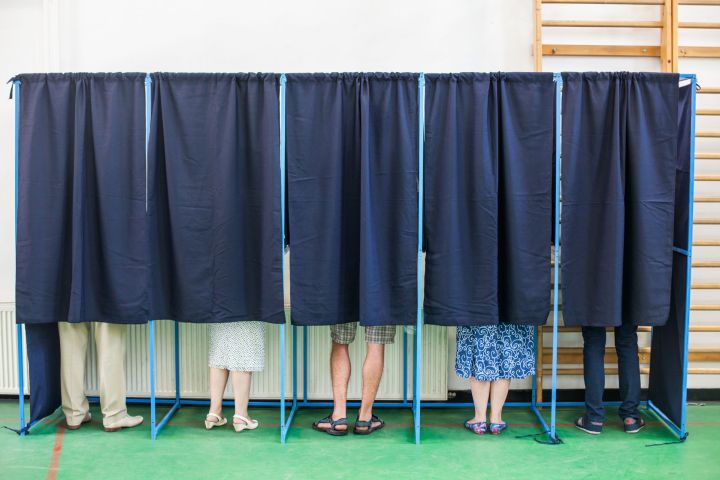
According to the governor’s office, these new systems will improve the security of voting systems, and will also simplify the process of auditing votes. The addition of the paper backup is, in some ways, an antiquated yet effective solution to a decidedly modern problem.
“This directive will ensure that the next generation of the commonwealth’s voting systems conforms to enhanced standards of resiliency, auditability and security,” Acting Secretary of State Robert Torres said in a statement.
Pennsylvania is not requiring all counties to throw away their equipment yet, however. Rather, the directive only applies to counties that are already in the process of switching systems — those counties will be required to buy new machines with the paper backup addition.
While this all sounds well and good, there is one glaring problem — Pennsylvania does not have the budget to help pay for these new machines. In fact, Governor Wolf released a new budget plan just this week that does not include any additional funding to help counties replace old voting machinery.
Marybeth Kuznik, the founder and executive director of nonprofit VotePA, noted that this is a serious issue. “The General Assembly needs to step up to the plate and budget for this,” she told local news stations. But even so, Kuznik calls the order itself “a huge step forward for Pennsylvania for better elections.”
There are a total of 13 states across the U.S. in which most or all voting systems store votes entirely electronically without any paper backups to verify the results. While this may have been borne of an eco-friendly initiative, the result is a machine whose counts are effectively impossible to audit, making hacks particularly dangerous.
“In the world’s leading democracy, we can’t take the position that we can’t afford to do elections correctly,” said David Hickton, a former federal prosecutor and founding director of the University of Pittsburgh Institute for Cyber Law, Policy, and Security. “The recent attacks on our election should concern everybody, and a priority has to be placed on doing what is necessary.”


